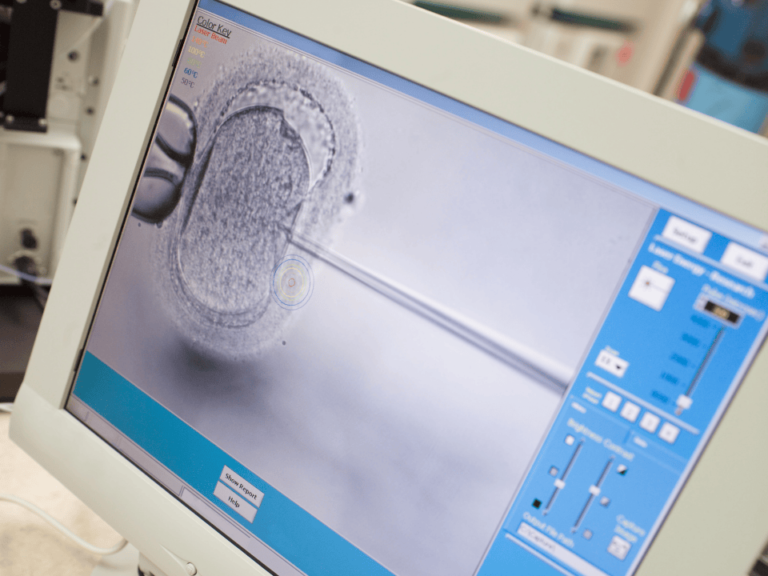Results from a large phase III clinical trial show that treatment with Keytruda (pembrolizumab) may nearly double the length of time people with high-risk muscle-invasive bladder cancer are cancer-free following surgical removal of the bladder.
To access this subscriber-only content please log in or subscribe.
If your institution has a site license, log in with IP-login or register for a sponsored account.*
*Not all site licenses are enrolled in sponsored accounts.
Login Subscribe
If your institution has a site license, log in with IP-login or register for a sponsored account.*
*Not all site licenses are enrolled in sponsored accounts.
Login Subscribe






